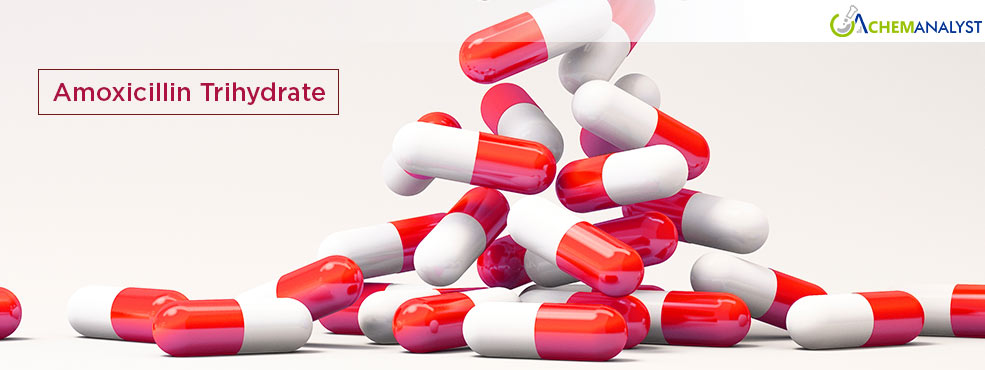Welcome To ChemAnalyst

India's pharma sector is witnessing a steep drop in the prices of active pharmaceutical ingredients (APIs), a relief after several decades of sky-high prices that had pinched margins. Industry sources said that API prices that had gone through the roof during the Covid-19 period and continued to hold on for a while later have now cut their prices significantly across various segments such as antibiotics, steroids, hormones, and statins.
For instance, paracetamol API, which touched nearly Rs. 900 per kg during the pandemic and hovered around Rs. 600 afterward, is now trading at just Rs. 250 per kg. Even Meropenem, a life-saving antibiotic, has witnessed its API price plummet from Rs. 75,000 to Rs. 45,000 per kg. Industry insiders ascribe this decline to a range of reasons, from oversupply to declining raw material costs and even Chinese players' strategic pricing.
China, which remains India’s primary supplier of APIs and intermediates, has ramped up API production significantly since the pandemic. However, global demand has not kept pace, leading to a supply glut. To maintain their market share, Chinese firms have resorted to aggressive pricing, making their APIs highly competitive. This has prompted Indian pharmaceutical firms to increase imports while prices remain favorable.
Concurrently, India's path to self-reliance in the production of medicines is finally paying dividends. The government's Production-Linked Incentive (PLI) scheme has led to increased domestic production of some of the critical APIs. Aurobindo Pharma and Torrent Pharmaceuticals have initiated local production of critical inputs like penicillin-G. This domestic addition to capacity flowed into the market supply, further putting downward pressure on API prices.
Adding to the mix is the decline in the cost of key raw materials used in API production. The prices of chemicals such as acetic acid and para-aminophenol have decreased, moving in the direction of decreasing costs of overall production. Better global logistics and the easing of the strain of geopolitical tension have also seen freight costs going down, further alleviating the pressure on importers as well as producers.
As per the ChemAnalyst analysis, persistent softness in API prices likely affect several formulations, such as Amoxicillin trihydrate, a commonly prescribed antibiotic. With declining API prices and local capacity increasing, Indian manufacturers become export market competitive. Low costs, however, will also compress margins if cost corrections reverse or regulatory bottlenecks tighten, and thus market flexibility and procurement timing are essential in the near term.
The stakeholders will now also monitor more intently for price signals, since any increase in input prices or policy changes in China can again change the direction of India's pharmaceutical cost dynamics.
We use cookies to deliver the best possible experience on our website. To learn more, visit our Privacy Policy. By continuing to use this site or by closing this box, you consent to our use of cookies. More info.
